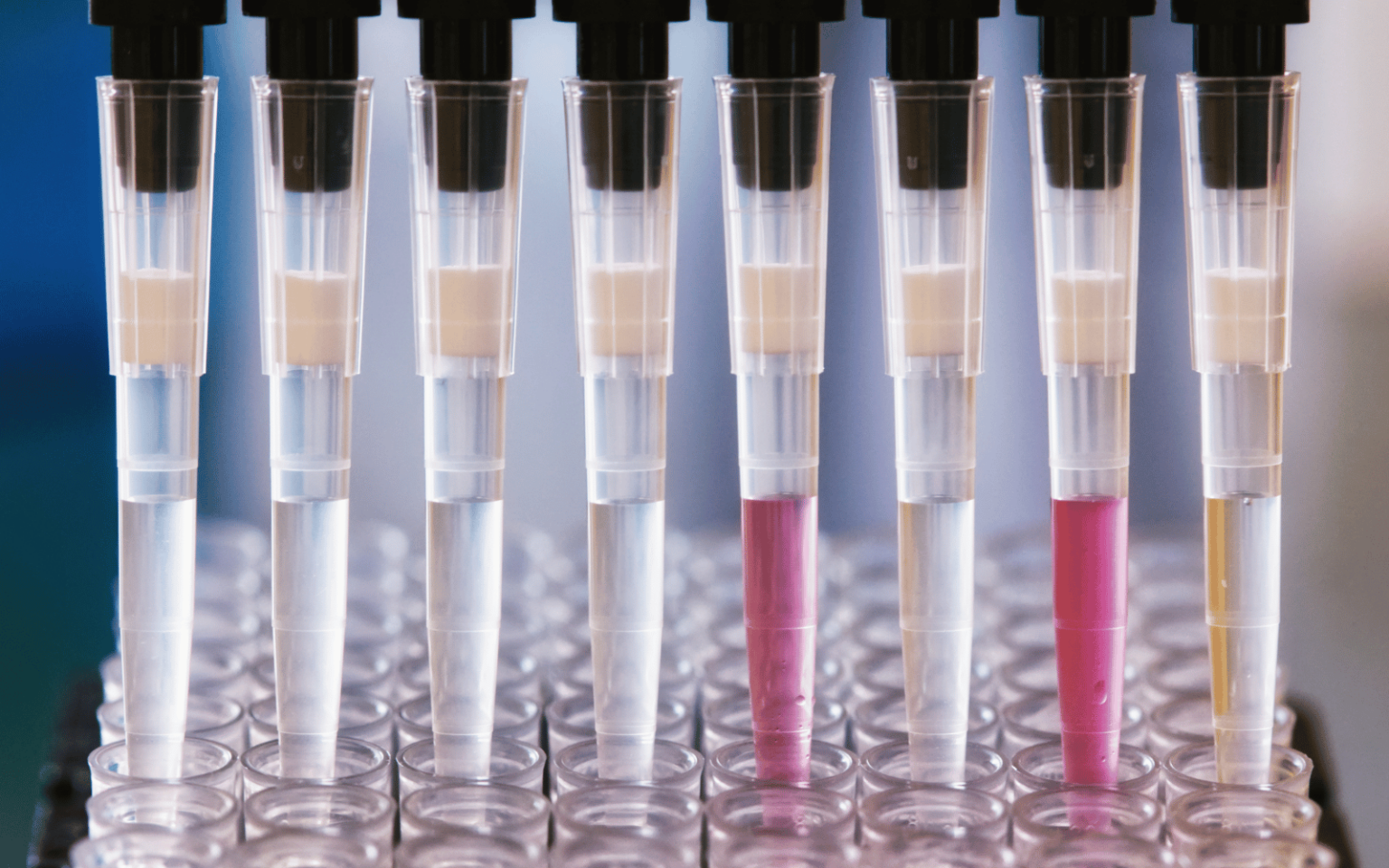A Toyota Corolla with a 1.8L engine requires 6.2 litres of gas to drive for 100 kilometres on a highway. But on city roads, it would require 7.9 litres of gas. A 2022 Ford F-150 requires 9.4 and 12.1 litres per 100 km for highway and city driving, respectively. Traditional fuel-powered automobiles, powered by the internal combustion engines, give higher mileage on a highway compared to city roads. Various factors can affect the driving efficiency of a vehicle. First, the internal combustion engines are designed in a way that their efficiency peaks closer to highway speeds. Second, unlike highway driving, city driving…
Author: The Conversation
The search for planets outside our Solar System – exoplanets – is one of the most rapidly growing fields in astronomy. Over the past few decades, more than 5,000 exoplanets have been detected and astronomers now estimate that on average there is at least one planet per star in our galaxy. Many current research efforts aim at detecting Earth-like planets suitable for life. These endeavours focus on so-called “main sequence” stars like our Sun – stars which are powered by fusing hydrogen atoms into helium in their cores, and remain stable for billions of years. More than 90% of all…
The European Space Agency’s (Esa) Euclid mission will launch into space on a Falcon9 rocket from SpaceX on July 1, or soon after. Many of us who have worked on it will be in Florida to watch the nail-biting event. The mission is specifically designed to study the dark universe, probing both “dark matter” and “dark energy” – unknown substances thought to make up 95% of the energy density of the universe. But it will also be able to test some strange, alternative models of gravity – potentially challenging Albert Einstein’s great theory of general relativity. Scientists have known about the existence of dark matter for nearly…
Manipulative communication includes disinformation, propaganda, con artistry and fraud. With the increasing use of artificial intelligence (AI), manipulative communication is not only being aided by AI, automation and machine learning, but will likely be dominated by such practices in the near future. As communication scholars, we were interested in the applications of AI in supporting manipulative communication efforts. Our recent book, Social Engineering: How Crowdmasters, Phreaks, Hackers, and Trolls Created a New Form of Manipulative Communication looks at how the internet affected manipulative communication. AI chatbots ChatGPT, one of the most popular and widely used chatbots, is an artificial intelligence chatbot, capable…
Africa’s growing population desperately needs clean, modern energy in the home. Currently, more than 900 million people, 85% of the region’s population, still rely on solid biomass fuel (like wood and charcoal) and kerosene for cooking. These energy sources are highly polluting, inefficient and unsafe. Many African countries are moving to develop scalable renewable energy resources to fill the gap. These include solar PV, wind, hydro, geothermal, ethanol and biogas resources. The International Energy Agency has identified liquefied petroleum gas (LPG) as the most important interim clean cooking fuel during this transition. It’s the most practical, abundant and affordable among the current options. LPG is a byproduct…
The United States Coast Guard is now leading the investigation into the Titan submersible, looking for answers about why it imploded, and what actions should be taken next. A multinational search for the Titan came to a halt on Thursday, when a remotely operated vehicle (ROV) found five pieces of debris sprawled across the seabed, some 500 metres from the Titanic shipwreck. The vessel experienced a catastrophic implosion at some point during its journey, with all five passengers presumed dead. For now, details elude us – and it could be days, or even weeks, before we receive meaningful updates on the investigation’s…
At the close of the 18th century, the Austrian composer Joseph Haydn wrote one of his masterpieces: an oratorio – a large concert piece for orchestra, choir and solo singers – entitled The Creation, with a libretto based on the biblical story of the creation of the world. More than 200 years later, our understanding of how the world began has changed spectacularly. As both a scientist and a chorister, I have waited for decades for someone to write a new oratorio that tells the creation story based on science. But nobody ever did. So – with the help of…
South Africa has created a network of facilities to store hundreds of thousands of samples of biological material from plants, animals, bacteria and fungi. The samples are currently held in biobanks in the country. The aim is twofold: to ensure researchers have access to all available samples, and to establish common policies, procedures and standards for biodiversity biobanks. This is important if the country is to keep pace with advances in research. The South African National Biodiversity Institute’s Professor Michelle Hamer, who heads the Biodiversity Biobanks South Africa project, spoke to The Conversation Africa. What is a biodiversity biobank and…
The context The context in which the Titan has disappeared is disturbing. Reports have come out detailing court documents from a 2018 case that show OceanGate, the company responsible for the Titan, fired employee David Lochridge after he expressed concerns about the submersible’s safety. Lochridge disagreed with OceanGate about the best way to demonstrate the asset’s seaworthiness, and objected to OceanGate’s decision to perform dives without prior “non-destructive testing” to the vessel’s hull to prove its integrity. Also in 2018, a letter sent to OceanGate by the Manned Underwater Vehicles Committee of the Marine Technology Society, signed by 38 experts, expressed reservations about the…
Online fraud is today’s most common crime. Victims are often told they are foolish for falling for it, but fraudsters use psychological mechanisms to infiltrate the defences of their targets, regardless of how intelligent they are. So it’s important to keep up with the latest scams and understand how they work. Recently, consumer protection magazine Which? identified some of the most convincing scams of 2023. These scams all have one thing in common – they insidiously take advantage of people’s cognitive biases and psychological blind spots. They included “pig butchering” a way of fattening up victims with affection, the missing person…









